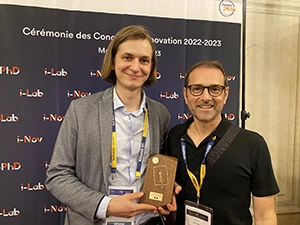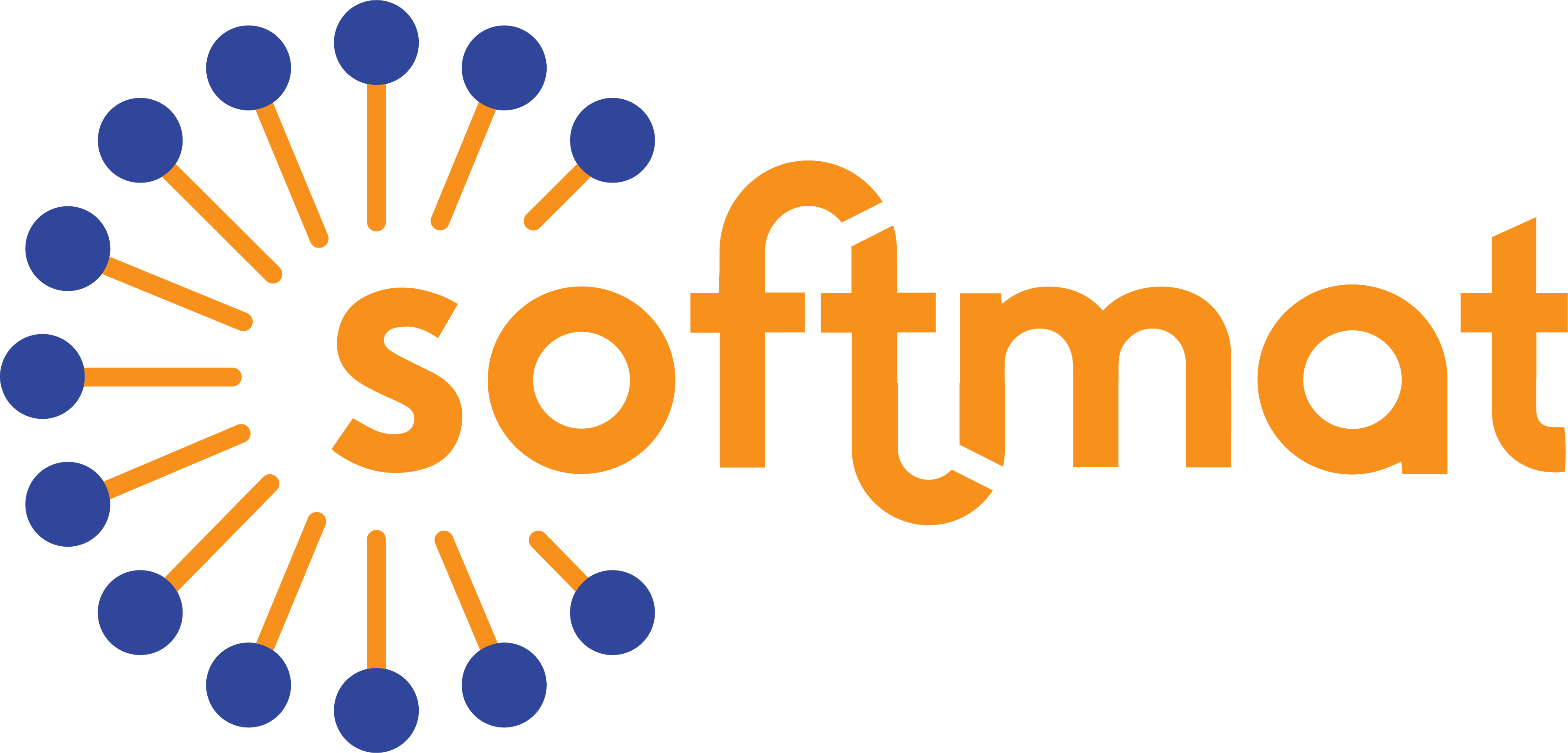A former doctoral student in the P3R team, Sasha, and his research work at the laboratory were highlighted when Roland Lescure, Minister Delegate for Industry, presented him with the Grand Prix, which rewards promising young researchers with entrepreneurial projects involving disruptive technologies.
Ahead of the i-Lab and i-Nov innovation competitions, the i-PhD competition has been organised since 2019 by the French government, in partnership with Bpifrance, as part of the Deeptech plan to increase the number of startups in France. It is aimed at young researchers, supported by a public research laboratory and accompanied by a technology transfer company for an innovative project with a high potential for value development, linked to their thesis.
Entitled TLT, Sasha’s project is supported by the Softmat laboratory and has the backing of Toulouse Tech Transfer. It focuses on the creation of radical polymers, which currently account for more than half of the world’s plastics production. These polymers can be made degradable, recyclable or reusable by adding a cyclic thionoester monomer additive during polymerisation. Easy to implement, this process will transform the end-of-life of these materials, offering more sustainable solutions for many industries and markets, with an expected positive impact on the environment and society.
This 4th edition of the competition saw 50 winners, including 10 Grand Prix winners. The awards ceremony was held on Tuesday 4 July 2023 at the Théâtre du Chatelet in Paris.


Sasha and Mathias Destarac, head of the P3R team, at the Théâtre du Chatelet in Paris at the awards ceremony.
Winners benefit from personalised support (mentoring, coaching and immersion in the Deeptech ecosystem), integration into high-profile networks, a video kit to promote their project and reserved access (subject to favourable appraisal) to a grant of up to €30,000.
Congratulations to Sasha and good luck with his project!
To find out more, please read the dedicated pages on these websites: Bpifrance or MESR
